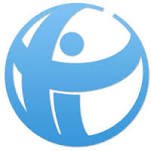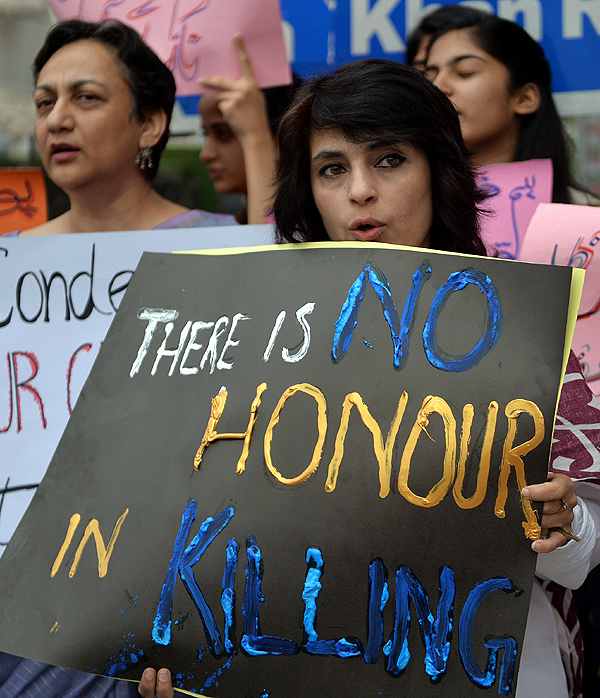Transparency International criticizes the opacity of the European Union
Friday, April 25th, 2014 8:30:17 by Abdul Basit Abbasi
A month that European citizens cast their vote to renew the Community institutions, Transparency International Alert serious corruption risks in the European Union. The opacity in decision -making, the activity of lobbyists, poor management of conflicts of interest and lack of whistle-blower protection to prevent the rules are met effectively. In the first comprehensive report to be done on transparency in the EU, the NGOs urged to change these practices as a way to enhance the legitimacy of the organs of power in Brussels.
The European Commission takes note of the report, but says it was ” proud to be one of the most open, transparent and scrutinized institutions in the world “, said a spokesman, who says that Brussels has worked with Transparency International evaluation.
Community leaders spend much of their activity to identify inappropriate behaviors of others- usually – Member States and apply sanctions where appropriate. The EU has always fought corruption and publicly a few months ago provided the first assessment of irregular practices in the 28 EU countries, with a fairly critical situation diagnosis. He then missed a chapter devoted to the Community institutions, a lack that Transparency International seeks to alleviate the report released today.
Over 246 pages, the NGO dedicated to examining the levels of corruption in countries and institutions shells abundant and complex regulations governing community organizations and opposed to the practice. ” There are good grounds in the Community system to support the integrity and ethics,” admits the text, ” but is frequently undermined by bad practices, lack of political leadership, lack of staff and funds and lack of clarity about who apply the rules. “
One of the main objections due to the process of decision making. To overcome the numerous reviews about the slow pace of decisions has increased a trend towards more informal processes. The result is that ” key parts of the legislative process does not receive adequate scrutiny and important negotiations are surrounded by secrecy.” In addition to making the most unorthodox decisions, document objects to two common methods of reaching agreements: called trialogues (meetings between the European Commission, the European Parliament and the European Council to agree the laws) and periodic meetings between heads of State and Government, where key decisions are made. NGO calls for greater publicity to such negotiations, you do not know which elements have allowed forge agreements.
Transparency International also criticized the lack of rules governing contacts with lobbyists. Although there are 15,000 lobbyists in Brussels, there are no rules requiring lawmakers to disclose their meetings with the members of these organizations in the legislative process. Also, no mandatory registration of these groups; just one volunteer, although the European Commission considered effective because, according to his calculations, arrives to pick up more lobbyists than the United States, where it is mandatory to identify the groups that defend specific interests. The NGO missing also the registry only affects the activity that takes place before the European Parliament and the Commission, on behalf of the Member States (from which the most intense pressure often occurs).
Regarding the ethics of the civil service rules established a good basis to prevent corruption, strict restrictions affecting gifts received, conflicts of interest and potential future jobs in this community personnel. The only objection in this regard is that guidelines are complex. More serious is the criticism of codes governing the community members and senior managers. Transparency International believes that poorly control their behavior and that is not proved that his statements of assets are reviewed. The organization aims to create a number of independent bodies to ensure the staff ethics and establish sanctions when there are breaches.
To encourage the reporting of corruption, NGOs advised create a framework to protect those reporting such cases (currently only does the EU executive, the report). Figure of a European public prosecutor also should be created so that it could deal with irregularities in the Community. And to exclude the public bidding entities that have engaged in corrupt practices.
Reviews affect all institutions, a fundamental objection to the way community leaders are elected. Transparency International calls for ” detailed procedures ” to decide who chairs the European Commission, the European Council or who bears the representation for Foreign Policy. This is precisely the key puzzle to be completed after the European elections and the leaders of all EU employ background.
The report notes special secrecy in the European Council, which represents the member states. Missing integrity rules for the president and his cabinet, there is opacity in the meetings and zeal against corruption is limited almost exclusively to financial fraud.
Transparency International also scrutinizes the office to combat fraud (OLAF, for its acronym in English), which must pursue many of these failures. The organization detects lack of resources for research, lack of budgetary autonomy and lack of independence from the European Commission. The NGO recommends modifying all these rules so you can pursue fraud effectively in the EU institutions.
Short URL: https://www.newspakistan.pk/?p=43245

















